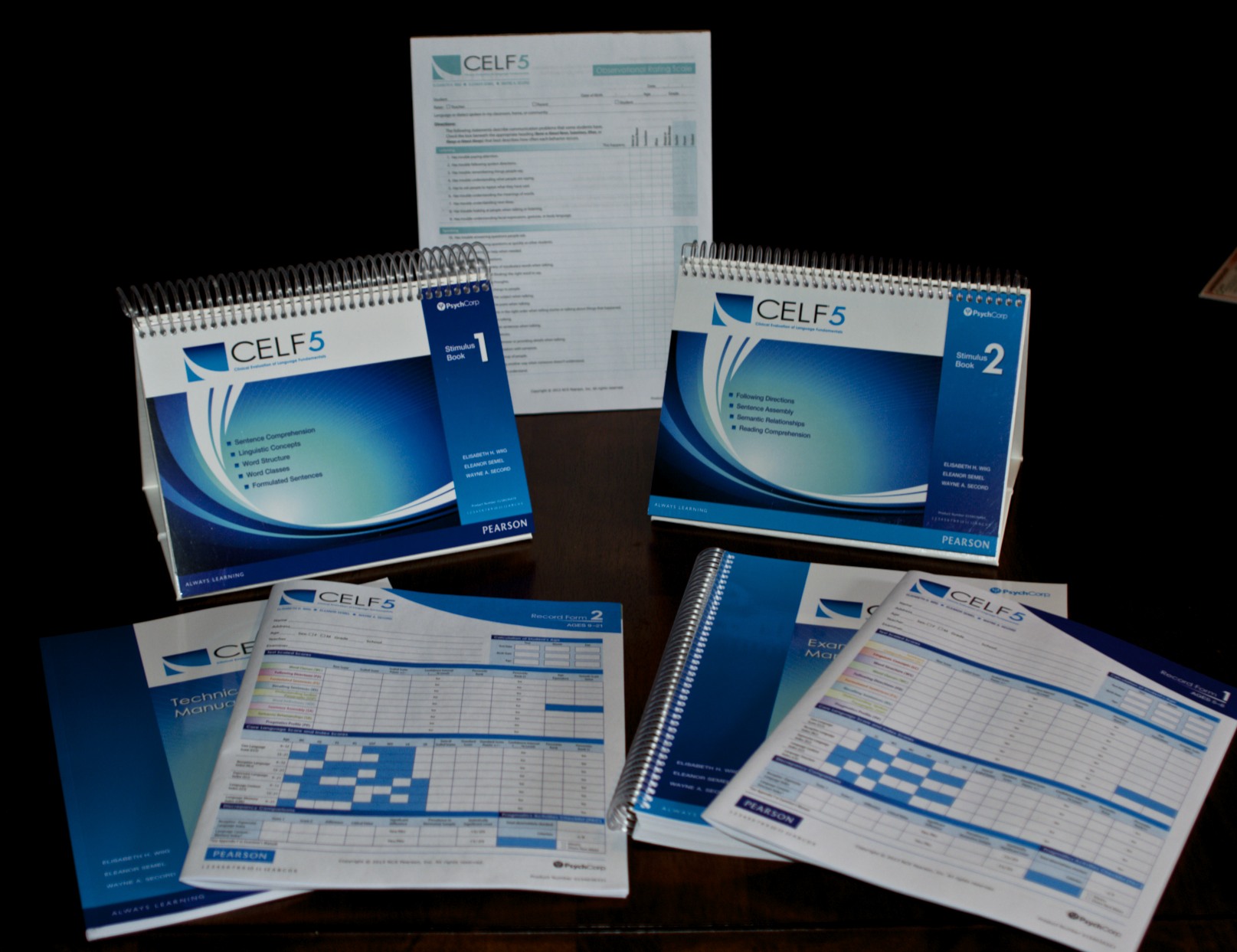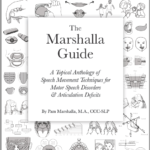CELF-5 Results?

Sorry it’s been so long since you’ve heard from me. I have another project in the works which I am sure most of the school based SLPs will either be thrilled with or at least agree with. With any luck at all I will be able to announce that project before the end of March.
So yesterday I received and interesting question about the CELF-5 from Dawn, an SLP in the mid-west. Apparently many of the therapists in her district are finding kids are no longer qualifying on the new CELF-5. She was wondering if anyone else having this same experience?
I don’t think I’m seeing this and I’ve given the CELF-5 at least 30 times. However, thinking about it I’m wondering if our “fence kids” are doing a little better than expected. That might not be a bad thing. Now, looking at my testing procedures I always give supplementary testing. I believe vocabulary testing speaks volumes. For my older elementary I might perform the TAPS or TOPS my older students will always get the CELF-metalinguistics (the old TLC). I will seek out other evaluation tools if necessary but these are my standards. I always talk to teachers, special educators and parents before testing if I can. I doubt all therapists have the luxury of doing additional testing and opt for a battery only instead. Because I give additional testing my writing almost always shifts to after hours. Time factors make it difficult to write a coherent and complete report or document at work. [amazon template=iframe image&asin=[amazon template=iframe image&asin=[amazon template=iframe image&asin=
What’s your thoughts on the question. Are fewer of your students qualifying on scores from the CELF-5?
T.
FYI…Still not totally thrilled with the Q-global scoring, are you?








I have been finding that fewer kids have been qualifying for services with the CELF-5. It could be, as you mentioned, our “on the fence” kiddos are being more successful. I was also wondering about new standardization data? Has this made a difference in who qualifies? (In our school district, we look at composite scores of 78 or below in order to be “eligible” for services). I like most aspects of the CELF-5, however I wonder why they took out the expressive component from “Word Classes”…I liked that aspect of it. I was so happy to see this topic brought up and will be interested to hear from others!
Thank you!
I have given the new CELF maybe 45-50 times. So far those students who would have really done poorly are still not passing and those who have more of a mild language delay (say impacted by socioeconomic status or exposure) are not doing as poorly. Thats not to say those kids who would have been classified are not getting the help they need but saying they are not missing valuable classroom/academic time for mandatory services that may have not been necessary. Those students are getting speech improvement ( a support service under general education) perhaps 1-2 days in a 6 day cycle. This allows us to give more therapy time to severe cases that we may or may not have had time to do. (Personally I have over 85 students on my caseload not including speech improvement). Also by addressing dialect differences and not labeling them as speech and language impaired we are able to provide a differentiated evaluation and separate language disorder and language difference.
Just an inner city SLP’s view 🙂
Hi Christa,
Could you give me a little more insight on your “speech improvement” program. Please email me at theschoolspeechtherapist@gmail.com
Thanks Teresa